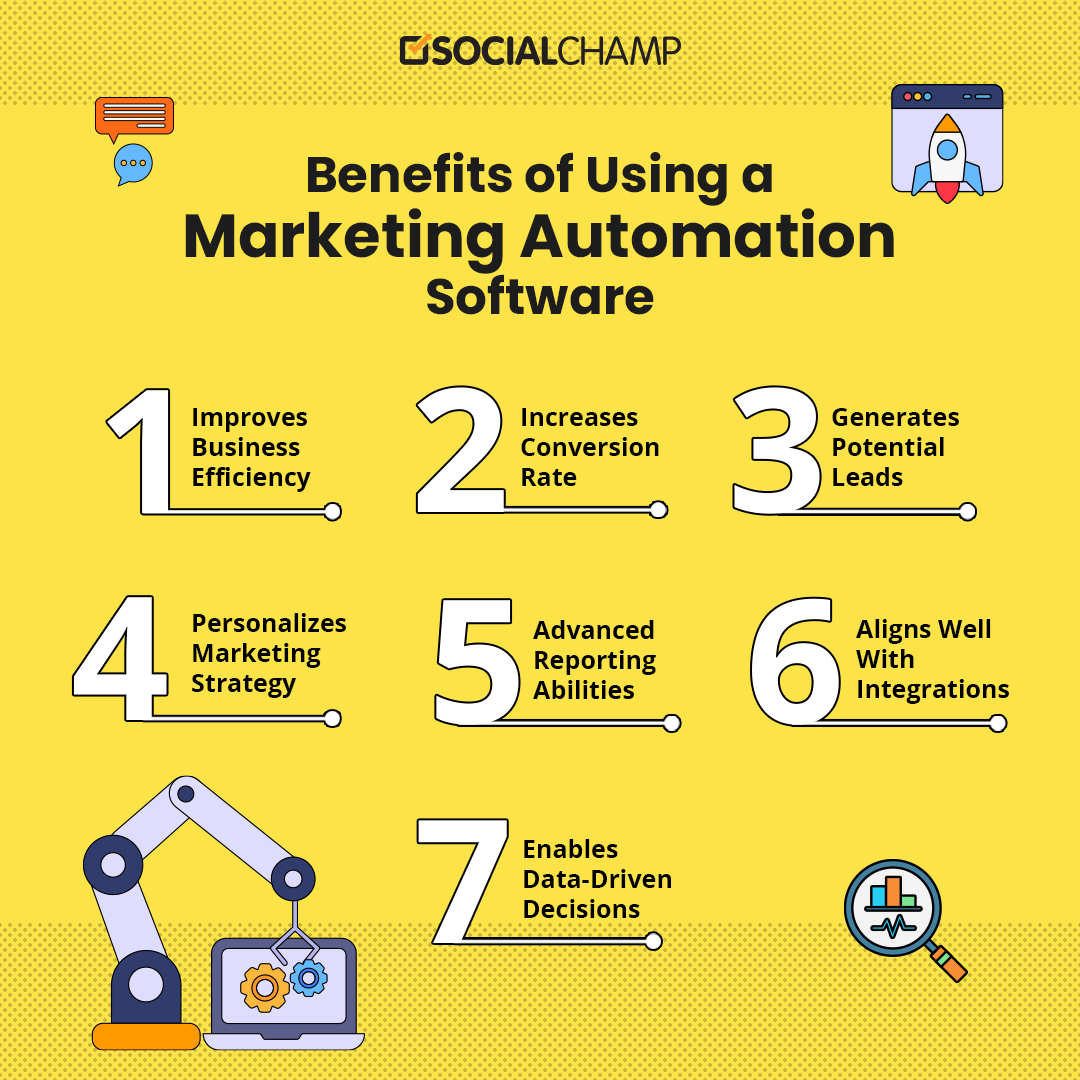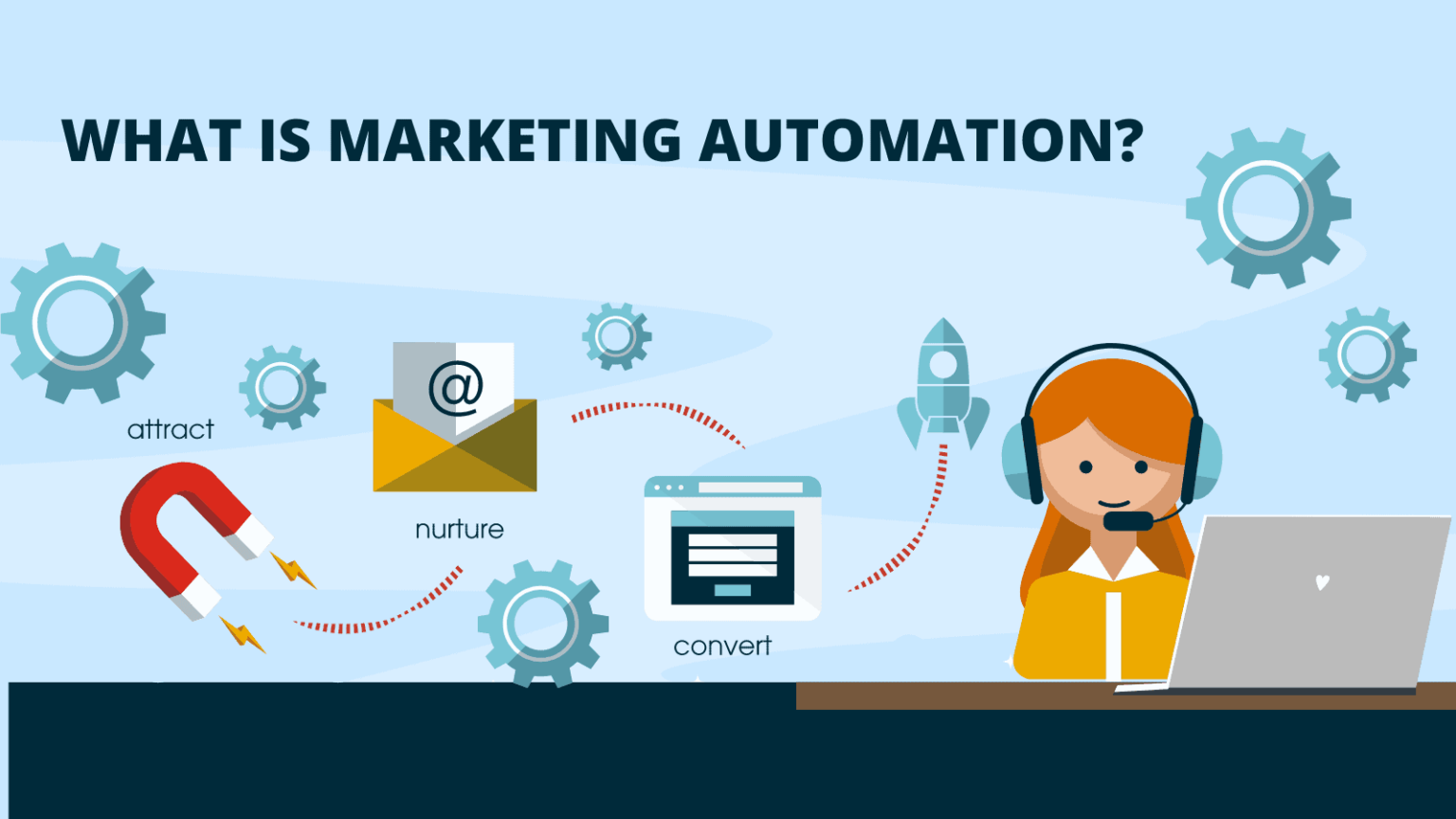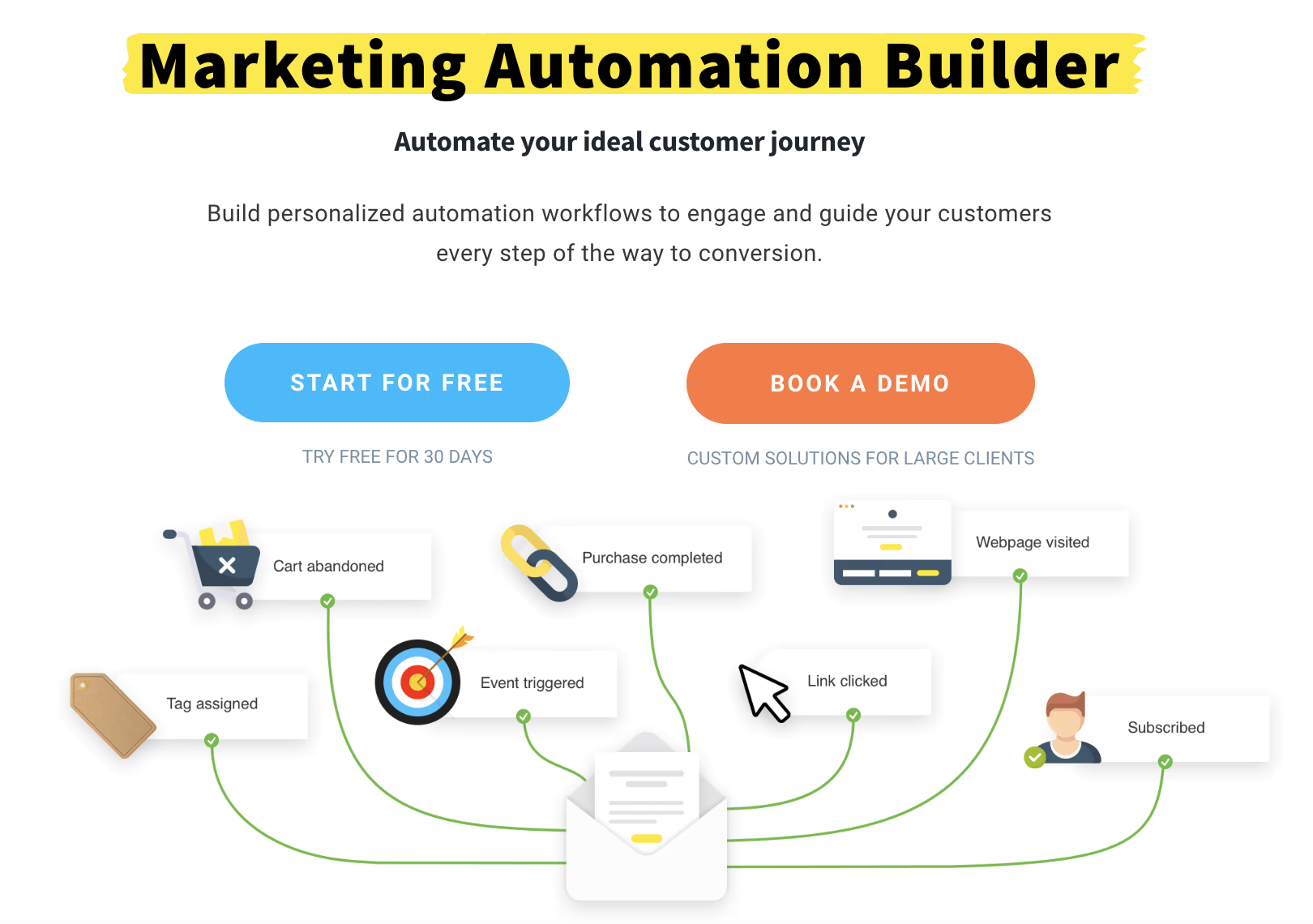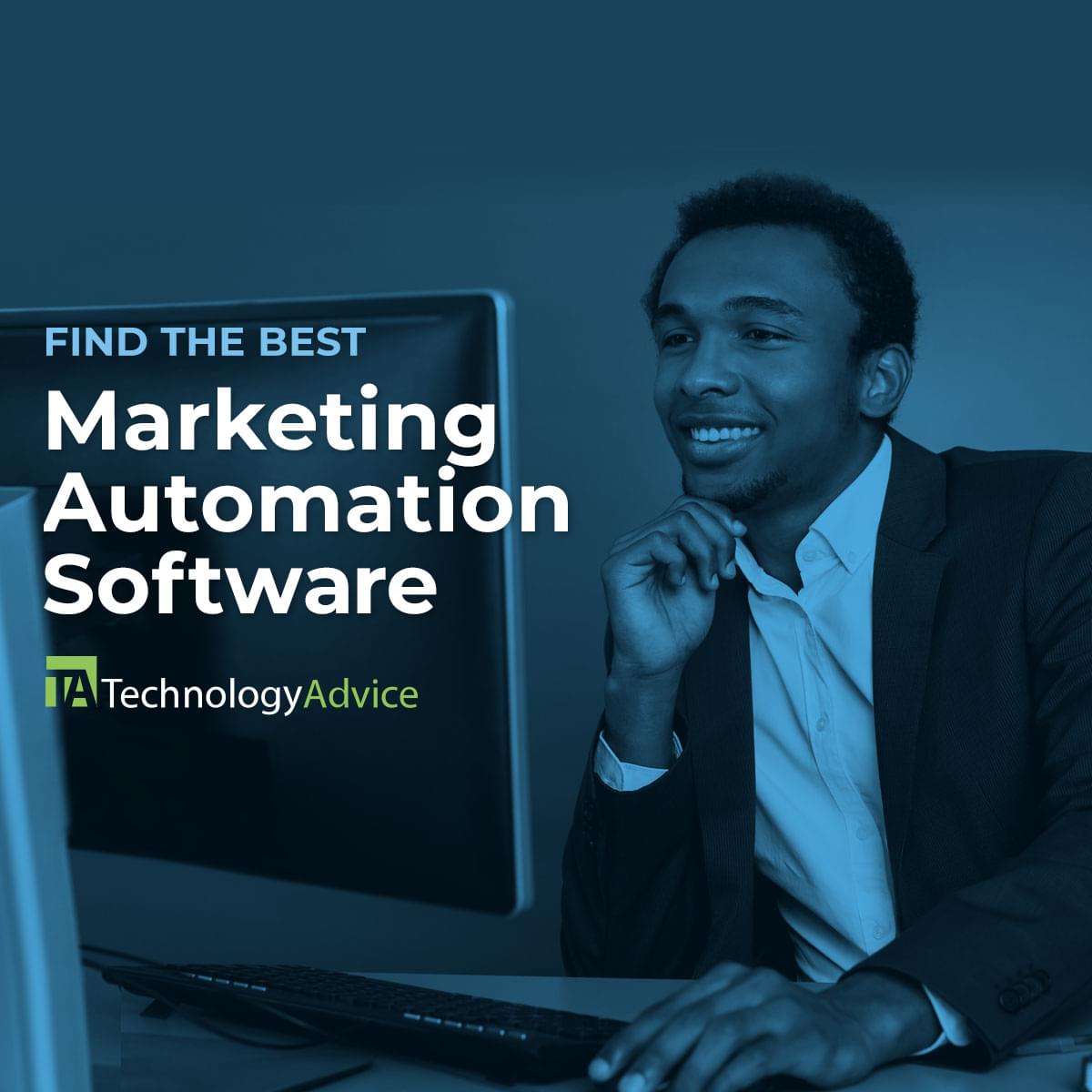Marketing automation solutions have rapidly evolved from a futuristic concept to a vital tool for businesses of all sizes. In today’s competitive landscape, simply sending emails and posting on social media isn’t enough to drive meaningful results. Businesses need a strategic approach to nurture leads, personalize customer experiences, and ultimately, boost sales. This article will delve into the world of marketing automation solutions, explaining what they are, how they work, and why they’re increasingly essential for success. At the heart of this discussion lies the crucial concept of marketing automation solutions, offering a scalable and efficient way to streamline and optimize your marketing efforts. Let’s explore how these tools can transform your business.

What Exactly Is Marketing Automation?

Marketing automation isn’t just about sending emails. It’s a sophisticated system that automates repetitive marketing tasks, freeing up your team to focus on strategic initiatives. It’s about creating a series of automated actions – triggered by specific events or behaviors – designed to nurture leads, engage customers, and drive conversions. Think of it as a digital assistant that works tirelessly to improve your marketing effectiveness. The core principle is to deliver the right message, to the right person, at the right time, consistently. This level of personalization and efficiency is what truly sets modern marketing automation apart. It’s about moving beyond one-way communication and fostering two-way engagement.

Different Types of Marketing Automation Solutions
There’s a wide variety of marketing automation solutions available, each with its own strengths and weaknesses. Here’s a breakdown of some of the most popular types:

- Email Marketing Automation: This is arguably the most common type of marketing automation. It involves sending automated email sequences based on user behavior, such as website visits, form submissions, or abandoned cart purchases. Features include welcome emails, lead nurturing campaigns, and promotional emails.
- Social Media Automation: Platforms like Hootsuite and Buffer offer tools that allow you to schedule posts, monitor social media conversations, and even automate responses to common inquiries. This is particularly useful for managing multiple social channels simultaneously.
- CRM (Customer Relationship Management) Integration: Many marketing automation platforms integrate seamlessly with CRM systems like Salesforce and HubSpot. This allows you to synchronize customer data, track interactions, and personalize your marketing efforts based on a complete customer view.
- Landing Page Automation: These tools allow you to create and deploy landing pages automatically, optimizing them for conversions. They can be used to capture leads, nurture prospects, and drive sales.
- Marketing Website Automation: These solutions can automate tasks on your website, such as sending thank-you emails after a purchase, displaying personalized content based on user behavior, and triggering abandoned cart reminders.
The Benefits of Implementing Marketing Automation
The advantages of adopting a marketing automation solution are numerous and can significantly impact your bottom line. Here are some key benefits:

- Increased Lead Generation: Automated email sequences and lead scoring systems can capture more leads and qualify them more effectively.
- Improved Lead Nurturing: Automated nurturing campaigns guide leads through the sales funnel, providing them with the information they need to make a purchase.
- Enhanced Customer Engagement: Personalized emails and targeted content keep customers engaged and informed.
- Increased Sales Conversion Rates: By streamlining the sales process and providing personalized recommendations, automation can boost conversion rates.
- Time Savings: Automating repetitive tasks frees up your marketing team to focus on more strategic initiatives.
- Better ROI: By optimizing campaigns and improving lead quality, marketing automation solutions can significantly improve your return on investment.
- Data-Driven Insights: Many platforms provide detailed analytics, allowing you to track campaign performance and identify areas for improvement.
How to Choose the Right Marketing Automation Solution
Selecting the right marketing automation solution can feel overwhelming, with so many options available. Here are some key factors to consider:

- Business Size and Complexity: Smaller businesses may benefit from simpler, more affordable solutions, while larger enterprises may require more robust platforms with advanced features.
- Marketing Goals: What are you hoping to achieve with automation? Lead generation, customer retention, or increased sales?
- Integration Capabilities: Ensure the platform integrates with your existing CRM, email marketing software, and other tools.
- Ease of Use: Choose a platform that is intuitive and easy to use for your team.
- Pricing: Compare pricing models and choose a solution that fits your budget.
- Scalability: Ensure the platform can grow with your business.
Best Practices for Effective Marketing Automation
To maximize the benefits of your marketing automation solution, it’s important to follow best practices:

- Start Small: Begin with a pilot project to test the platform and refine your strategy.
- Personalize Your Content: Use data to personalize your emails and content for each recipient.
- Segment Your Audience: Divide your audience into smaller groups based on demographics, behavior, and interests.
- Track Your Results: Monitor key metrics like open rates, click-through rates, and conversion rates.
- A/B Test Everything: Experiment with different email subject lines, content, and calls to action to optimize your campaigns.
- Maintain a Human Touch: Don’t rely solely on automation. Ensure your emails and communications still feel personal and engaging.
The Future of Marketing Automation
Marketing automation is constantly evolving. Artificial intelligence (AI) and machine learning (ML) are playing an increasingly important role, enabling more sophisticated automation capabilities. Expect to see:

- Predictive Analytics: AI will be used to predict customer behavior and personalize experiences even more accurately.
- Chatbots: Chatbots will become more sophisticated, providing instant customer support and guiding leads through the sales funnel.
- Dynamic Content: Content will be automatically adjusted based on user behavior and preferences.
- Greater Integration with Voice Assistants: Automated marketing will become increasingly integrated with voice assistants like Alexa and Google Assistant.
Conclusion
Marketing automation solutions are no longer a luxury; they’re a necessity for businesses looking to thrive in today’s competitive market. By automating repetitive tasks, personalizing customer experiences, and optimizing marketing efforts, these tools can significantly improve lead generation, customer engagement, and ultimately, sales. Choosing the right solution and implementing best practices are crucial for realizing the full potential of marketing automation. Investing in a robust marketing automation solution is an investment in the future of your business. Marketing automation solutions offer a powerful pathway to growth and efficiency.
